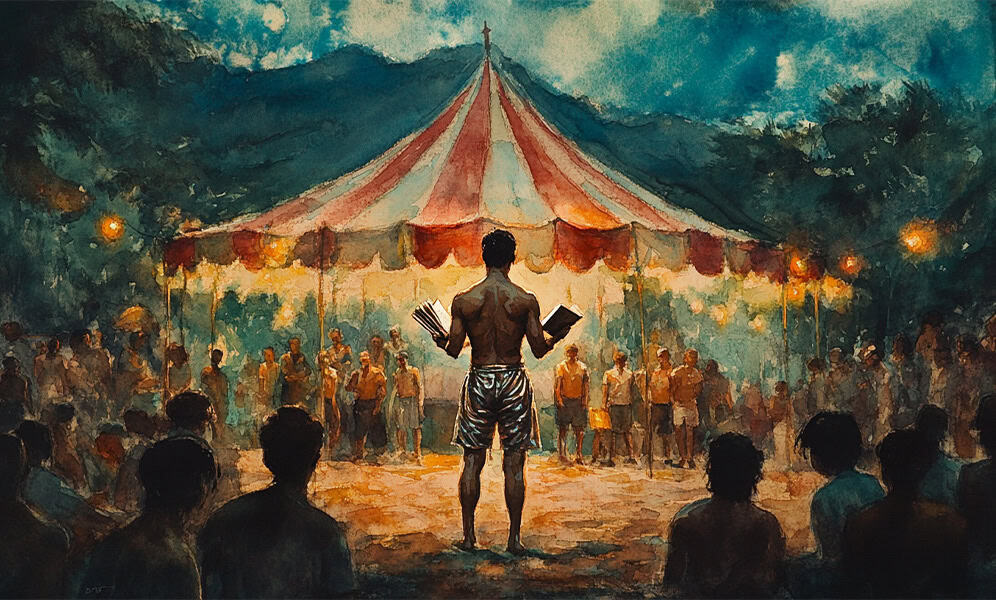One of the first places I lived in Costa Rica was a small town in the Southern Zone. My son had been born just a month earlier in San José, and his mother and I had already grown tired of city life. Although we had steady work—I taught English and she worked in international development—we agreed we hadn’t moved to Costa Rica just to reprise the hectic pace we’d left behind in the United States. So, when I saw an ad for a farmhouse in a rural area, we jumped. The rent fit our budget, and the house—a tidy three-bedroom hardwood structure built by a Dutch expat—felt solid and secure. It sat on more than a hectare of fenced land and lay only a few hundred meters from the highway.
We soon got to know our neighbors, nearly all young families like ours. The men worked for Pindeco, Del Monte’s local pineapple subsidiary, while the women looked after children and modest homes. From the air, the thousands of hectares of pineapple surrounding us might have resembled the spirals of a hurricane; our little village sat squarely in the eye. We were the only English speakers for miles, and there were no beaches or mountains nearby—just a few broad, shallow rivers that overflowed during the rains. No tourist ever arrived and exclaimed, “Yes! This is the Costa Rica I imagined!”
As in small towns everywhere, religion shaped local life. The Catholic church stood just down the road beside the soccer field. There was no evangelical church, but hand-painted signs occasionally advertised revivals twenty kilometers away in the nearest sizable town. Our rental property included a second, smaller house that sat empty until the owner told us she sometimes offered it to members of her evangelical congregation passing through. A few months later a small group arrived for what was supposed to be a two-week stay—and one morning we awoke to the clatter of poles and canvas as a circus-style tent went up barely twenty meters from our door.
Nightly revivals followed: fiery sermons, exuberant singing, and joyful shouts echoed across the fields. During the day, while the village men labored in the pineapple rows, the visiting preacher—a thirty-something man with flowing charisma—went door-to-door, Bible in hand. His choice of attire was striking: always shirtless, wearing only shiny beach-style shorts. The heat was intense, but it was still an odd uniform for a man of the cloth.
After the evangelists packed up and left, rumors rippled through the village. Whispers claimed at least one formerly happy household had been upended; a young stay-at-home wife had reportedly fallen for the preacher’s charms.
I don’t practice religion, yet one of my favorite biblical warnings rings from Matthew: “Beware of false prophets, who come to you in sheep’s clothing, but underneath are ravenous wolves.” An updated rendition in the YouVersion Bible puts it more bluntly: “Beware of false preachers who smile a lot, dripping with practiced sincerity. Chances are, they are out to rip you off one way or another.” Reading that modern phrasing always takes me back to that long-ago season—and to Mr. Shiny Shorts making his rounds, intent on tending to the ahem spiritual needs of his temporary flock.






